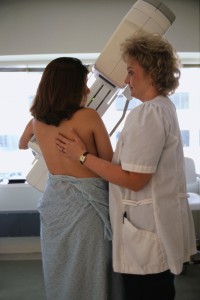
At Issels®, we know that many of our readers wonder about research being done to find a cure for cancer. Many impatiently wait for progress as cancer leaves an indelible mark on anyone who has ever had cancer or known and/or loved someone who has had cancer.
Why is a cure taking so long?
Scientists are still trying to understand all of the complex processes that turn cells into the many types of cancers that exist.
How Does Cancer Form?
As Dr. Craig Thompson, CEO of the Memorial Sloan Kettering Cancer Center, pointed out in a recent article about this topic, family genetic inheritance, the formation site, immune system responses and cellular changes all factor into the complex puzzle that is cancer. We know that the last two items have the most influence:
- The immune system isn’t perfect. Severe allergies and asthma are conditions that often happen when the immune system becomes confused about what it should or should not fight off to protect the body. Cancer is another example.
- Many cells mutate into cancer because of natural aging changes we don’t yet completely understand. Sometimes there are errors during growth that repeat when new cells form. Lastly, cells can experience DNA damage from microorganisms, radiation, toxins and poor habits like smoking and tanning.
As Thompson noted, the key is to understand the “biology of cancer” and then use that knowledge to prevent it in those who don’t have it and create new treatments that precisely deal with causation in those who do.
At Issels® Immuno-Oncology, we have integrated many of the most recent precision techniques into our non-toxic, customized cancer treatment plans. For more information, contact us today.

